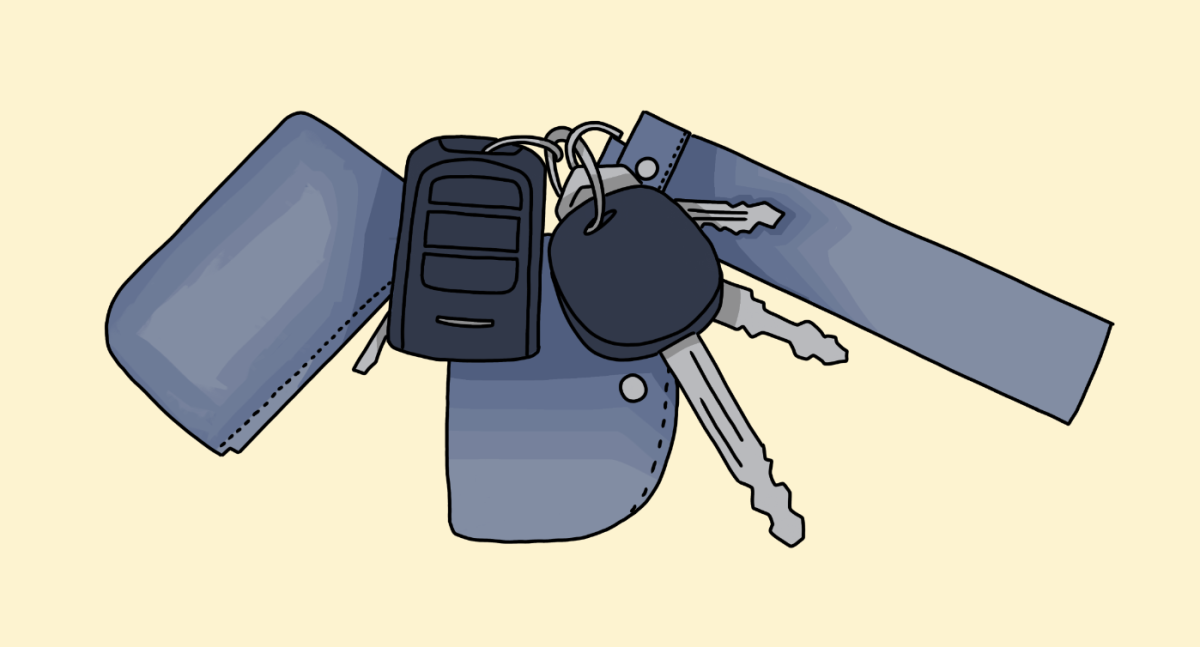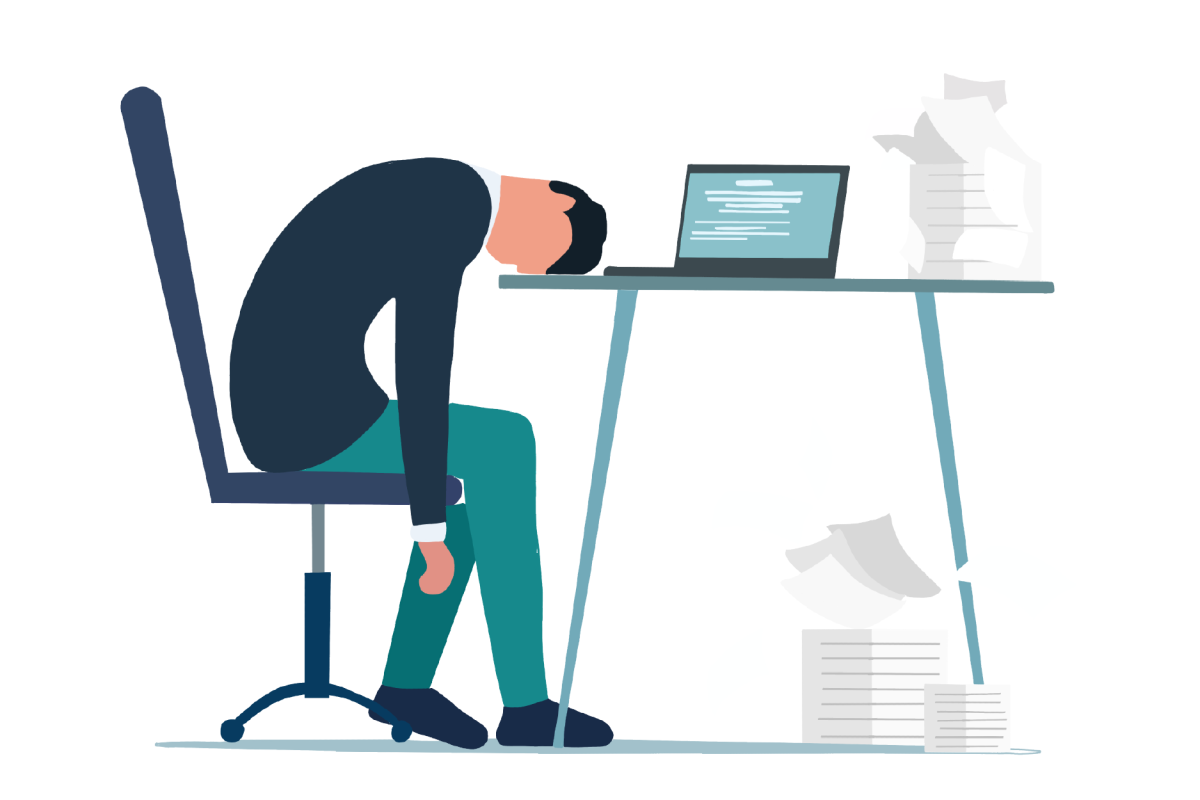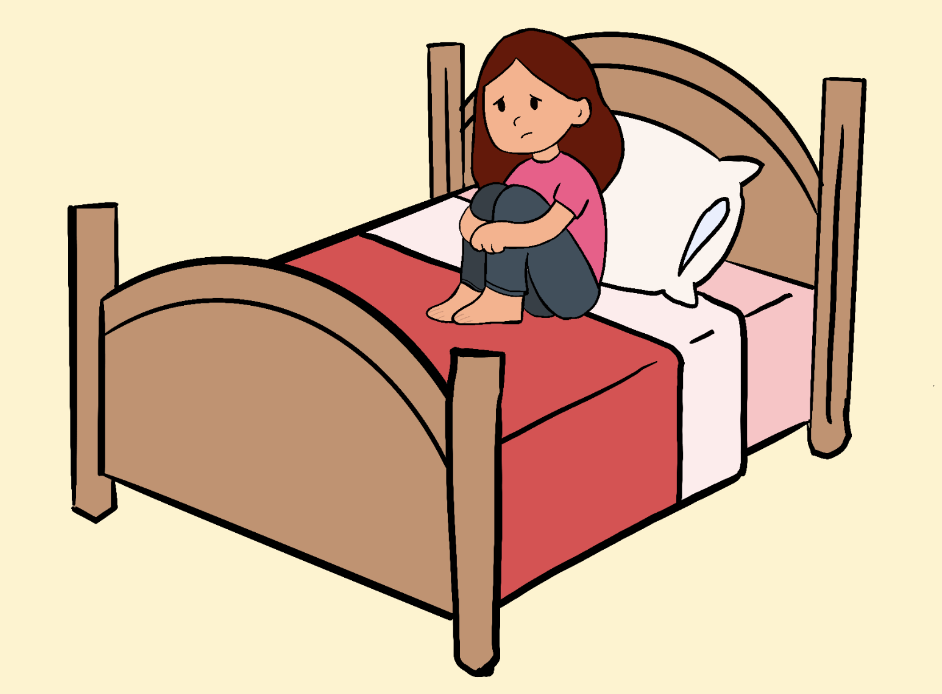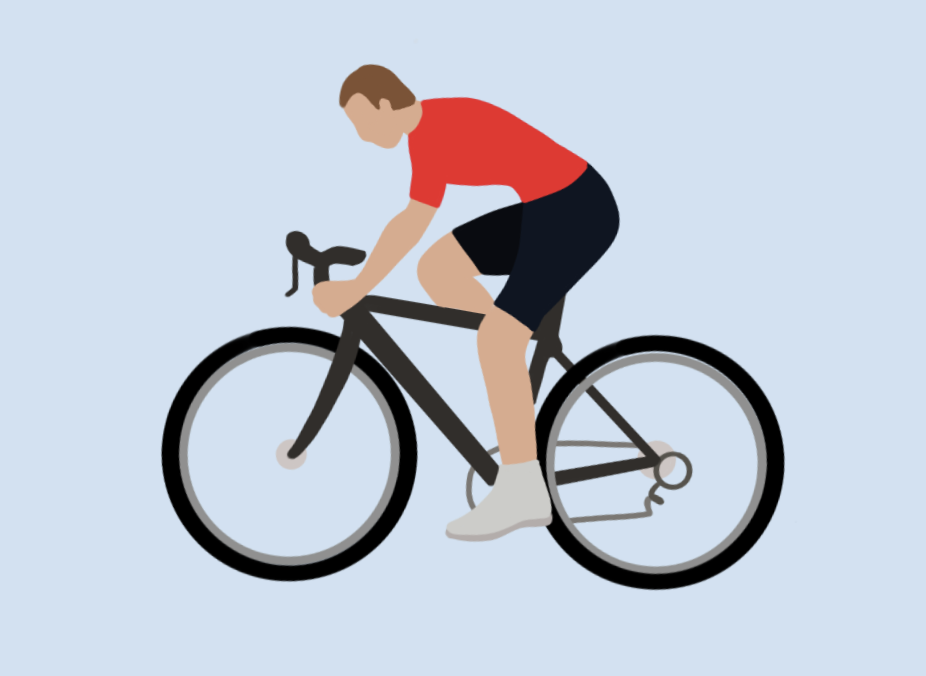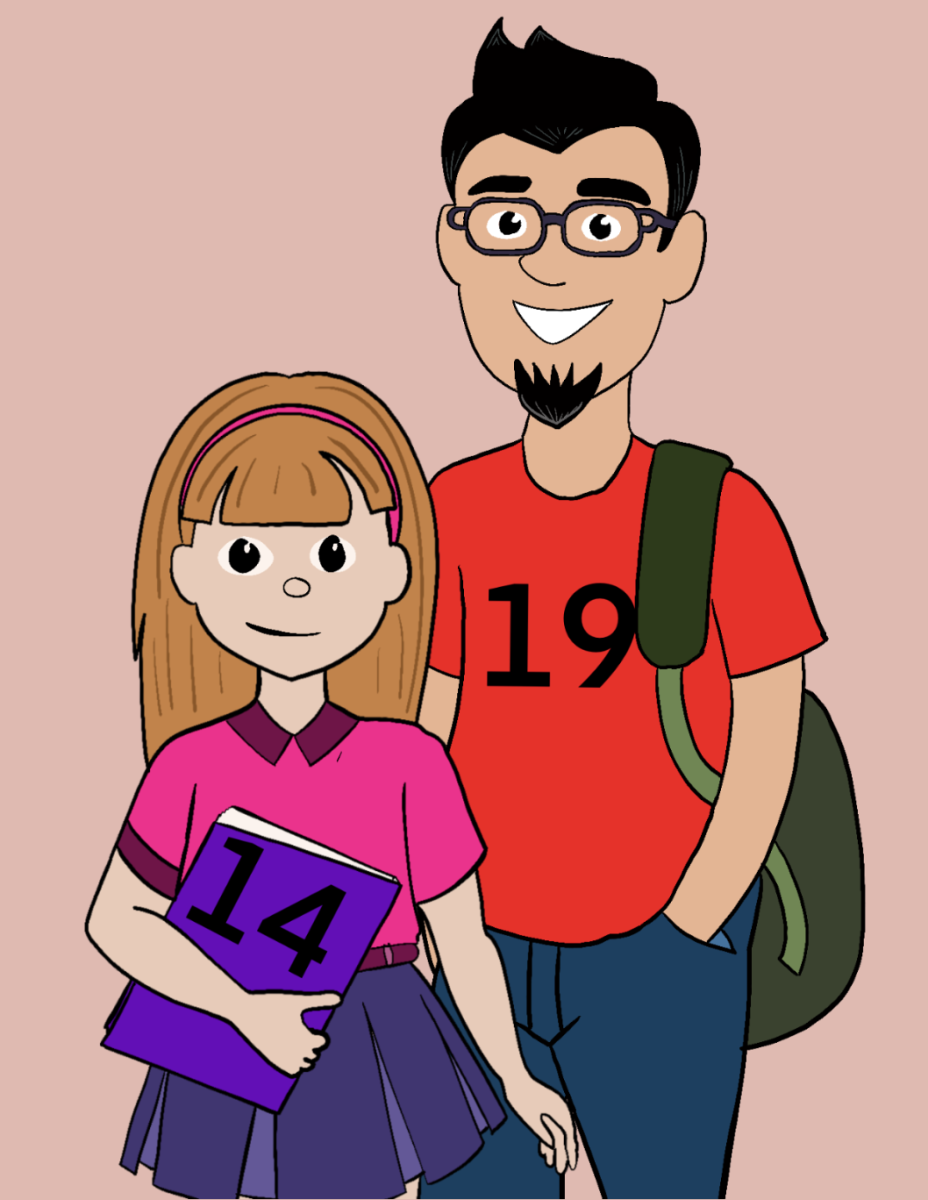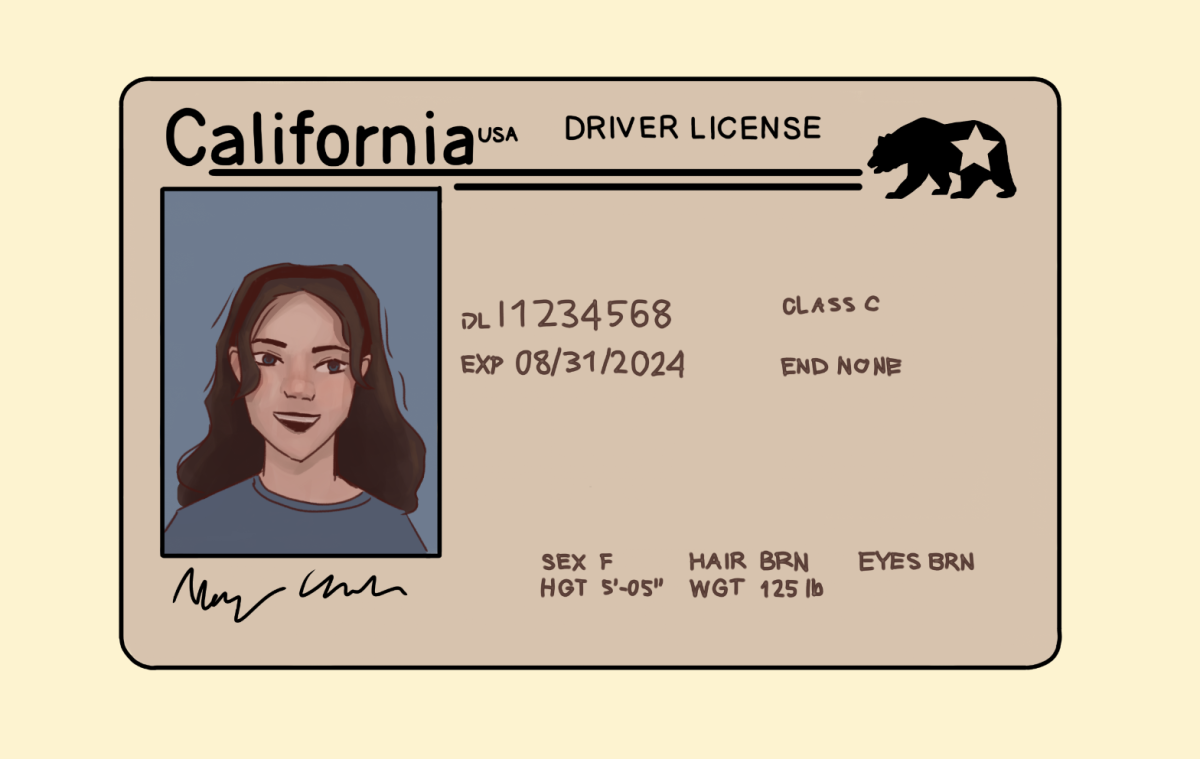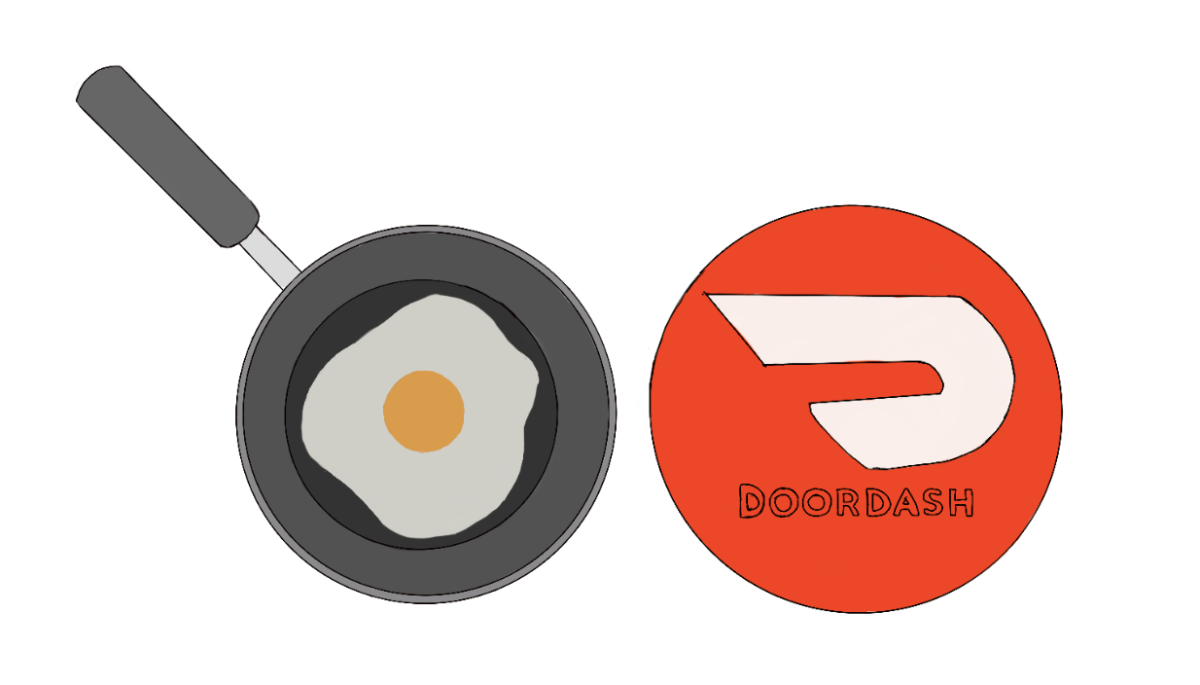From the familiar race to get a driver’s license to the endless parking lots at every mall and stadium, U.S. culture and infrastructure uniquely prioritizes cars. Cars represent American ideals like freedom, independence and economic status. The Alliance for Innovation and Infrastructure found that there are 908 motor vehicles per 1000 people in the US, nearly the highest rate in the world. According to the American Public Transport Association, 45% of Americans have no access to public transportation. Our cities are built for cars rather than pedestrians, trains or buses, creating dangerous streets, a higher carbon footprint and less efficient infrastructure.
A car-based commute causes avoidable environmental damage. According to the Federal Transit Administration, a passenger car in the U.S. has nearly triple the carbon emissions per passenger mile traveled than commuter rail. In a country like the UK, with a more robust public transport system, the national rail system has around one-fifth of the emissions of cars per passenger kilometer traveled, according to the UK Department for Energy Security and Net Zero. Car pollution extends beyond carbon emissions, with worn tires and brake pads releasing microplastics and packed roads creating noise pollution.
In addition to damaging the planet, cars hurt people as well. According to the CDC, 1.35 million people are killed on roadways annually and cars are the leading cause of death for people between the ages of 5 and 29. Public transportation is measurably safer than driving for both commuters and pedestrians by a significant margin, with the APTA finding that traveling via automobile is 10 times more dangerous than taking public transportation. In addition, a study from the Journal of Urban Health found that the rates of pedestrian and cyclist injuries are more than four times higher for cars than buses.
Though cost is often weaponized as an argument against public transport and walkability, making cities more pedestrian and public transport-friendly has a demonstrable economic and infrastructural benefit. According to ARUP, walkable cities promote higher private investment and economic output, benefit local businesses and increase property value. Public transport has similar benefits, with the APTA finding that a household can save over $13,000 annually by owning one fewer car and taking public transport instead. On a broader scale, they found that investment in public transportation had a five-to-one economic return.
To build a society that is both safe and economically and environmentally sustainable, we need to fundamentally reimagine the way we design our cities. We must invest in a robust and efficient public transportation system rather than parking lots and highways, and build walkable and bikeable infrastructure that prioritizes individuals over cars.


